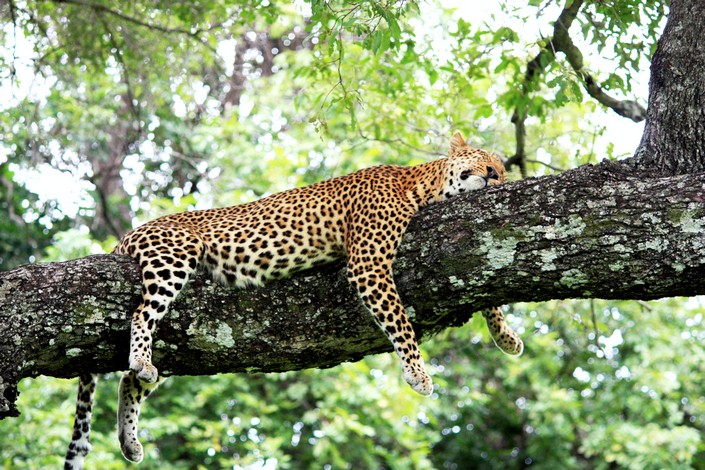In July 2011 Addo Elephant National Park celebrated 80 years of conservation and tourism. It was in July 1931 that the park was established to conserve the remaining 11 elephants, of which there are now more than 500. The park has achieved numerous conservation milestones over the years. The success has largely been due to the incredible diversity of wildlife species, the fauna and the exciting experiences that many visitors have had.
In 2003 they introduced lions into the park, and declared Bird Island to be a Marine Protected Area. The administration offices also partnered with the local communities surrounding the park and developed the Mayibuye Ndlovu Development Trust, ensuring that the communities received benefits from the park.
New accommodation was also added to the Addo rest camp, which increased the number of visitors to the park. They also created the interactive and educational Ulwazi Interpretive Centre in 2010 and the Spekboom Tented Camp to improve the variety of accommodation available to visitors.
It is clear that the park will continue to set landmarks and achieve a lot with regards to conservation, as well as a successful holiday resort for the many tourists entering South Africa.
Fauna and Flora in Addo Elephant National Park
There are over 600 elephants within the confines of the park, add to that 400 Cape Buffaloes, 48 endangered Black Rhinos and a wide variety of antelopes. There are also varied rare and endemic plants that are unique to this region.






0 Comments